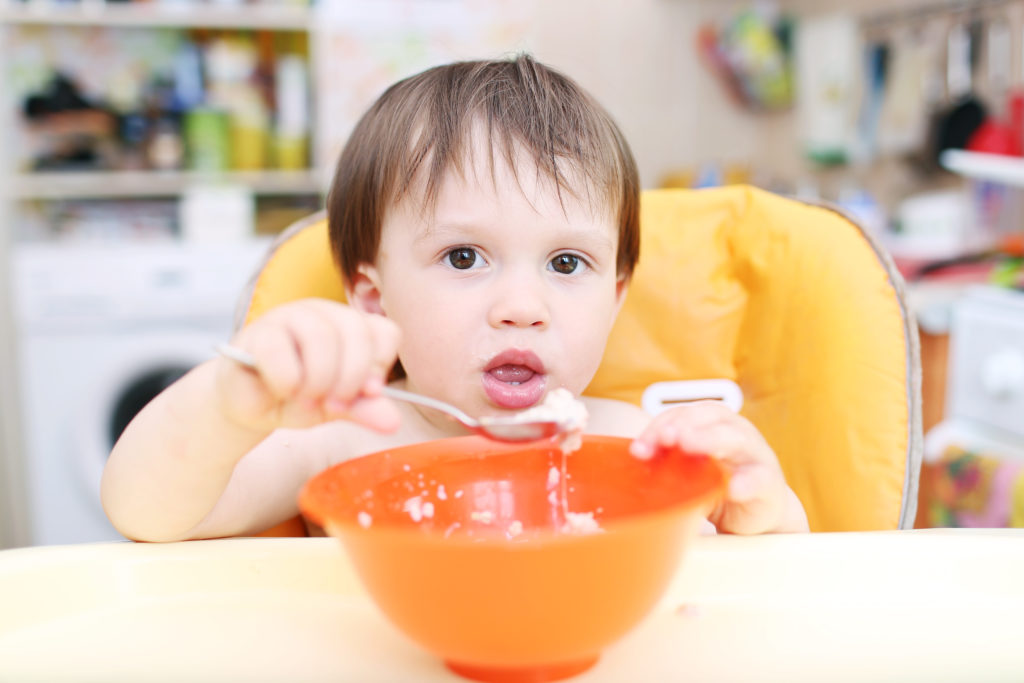
By Lisa Pecos
Rice isn’t just a staple in most adult diets, but it’s also a big part of many infant’s diets too, commonly by way of rice cereal, which many parent’s use when introducing their babies to solid foods. Parents may want to look for a better alternative to rice cereal based on mounting evidence connecting inorganic arsenic in white and brown rice to immune system damage and intellectual development in children.
Mounting Evidence
A study published on April 26, 2016 in JAMA Pediatrics found that concentrations of arsenic were twice as high in the urine of infants who at brown or white rice in comparison to those that didn’t eat rice at all. The highest levels of arsenic where found in infants who ate rice cereal.
Arsenic, which is a known carcinogen, has been linked to immune and heart diseases, as well as neurodevelopment impairment. A 2013 study found that baby’s exposed to inorganic arsenic while in the mother’s womb experienced more respiratory infections during the first few months of life. The same study also found that babies born to mothers who consumed more rice products, therefor exposing them to higher levels of arsenic, experienced severe infections requiring antibiotics.
Prior research found that children exposed to arsenic in drinking water linked higher levels of arsenic in urine to lower IQ scores in children aged 5 to 15.
What’s being done?
On April 1, 2016, the U.S. Food and Drug Administration put out a news release proposing a limit of inorganic arsenic of 100 parts per billion in infant rice cereal, something that the European Food Safety Authority has already done with all rice products.
In the meantime, they recommend eating a varied and well-balanced diet. They’re not advising that the general public change their rice consumption, but based on the known risks to infants and children, are offering the following advice for pregnant women and parents and caregivers of infants:
- Feed your baby iron-fortified cereals.
- Iron-fortified rice cereal is an excellent source of nutrients for babies but it doesn’t need to be the first or only source. Other fortified baby cereals can also be considered, such as oat, multigrain, and barely.
- Toddlers should eat a balanced diet that includes a variety of grains.
- Pregnant women should consume a diet containing a variety of foods, including various grains, such as oats, wheat, and barely for better nutrition, which is also what’s recommended by the American Congress of Obstetricians and Gynecologists.
Parents may also want to consider opting for snacks that aren’t processed and reading labels when choosing packaged foods to look for rice and rice syrups as ingredients to help lower the amount of arsenic in their children’s diet.
